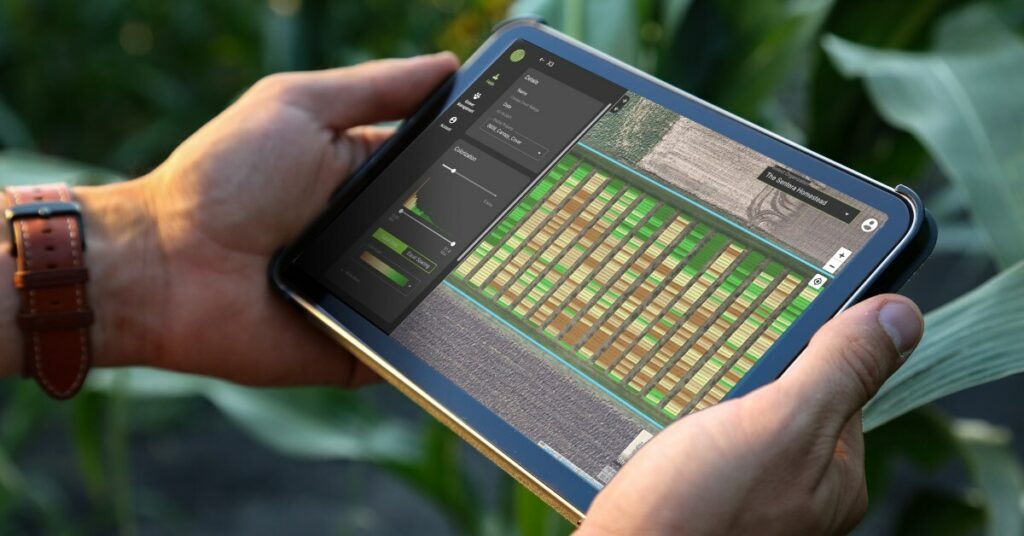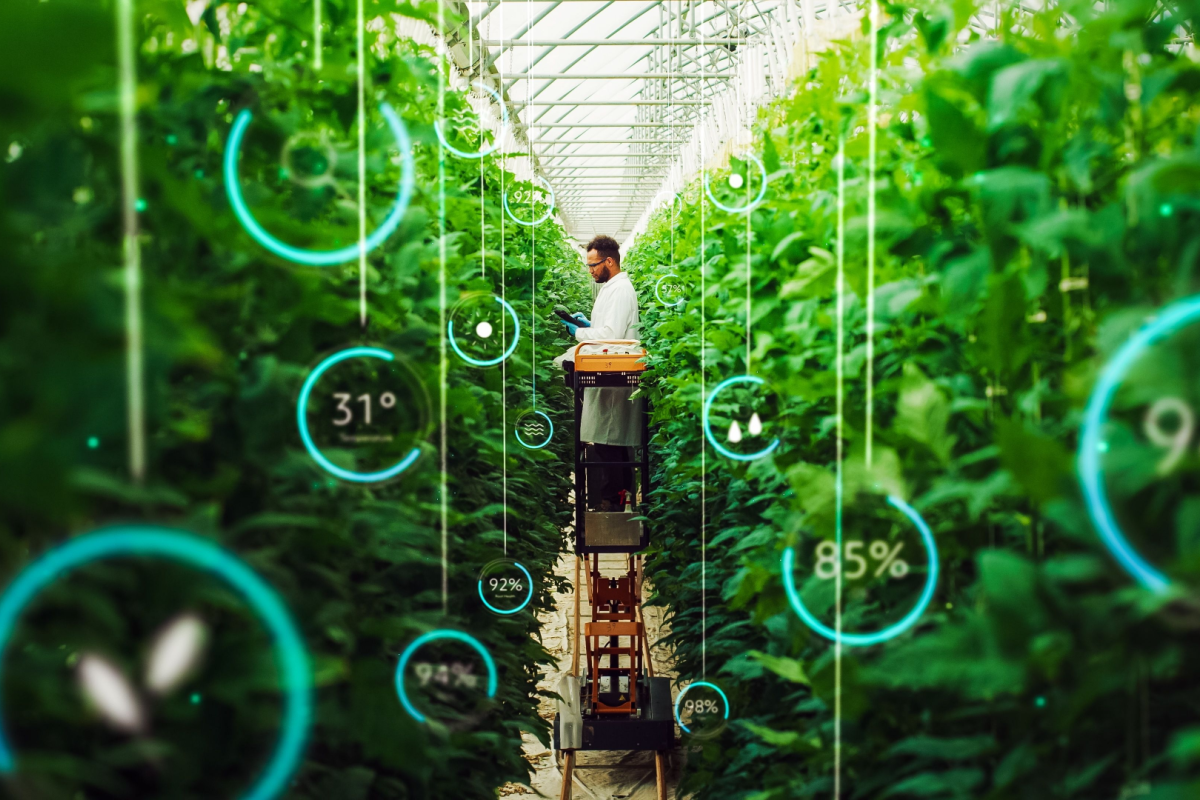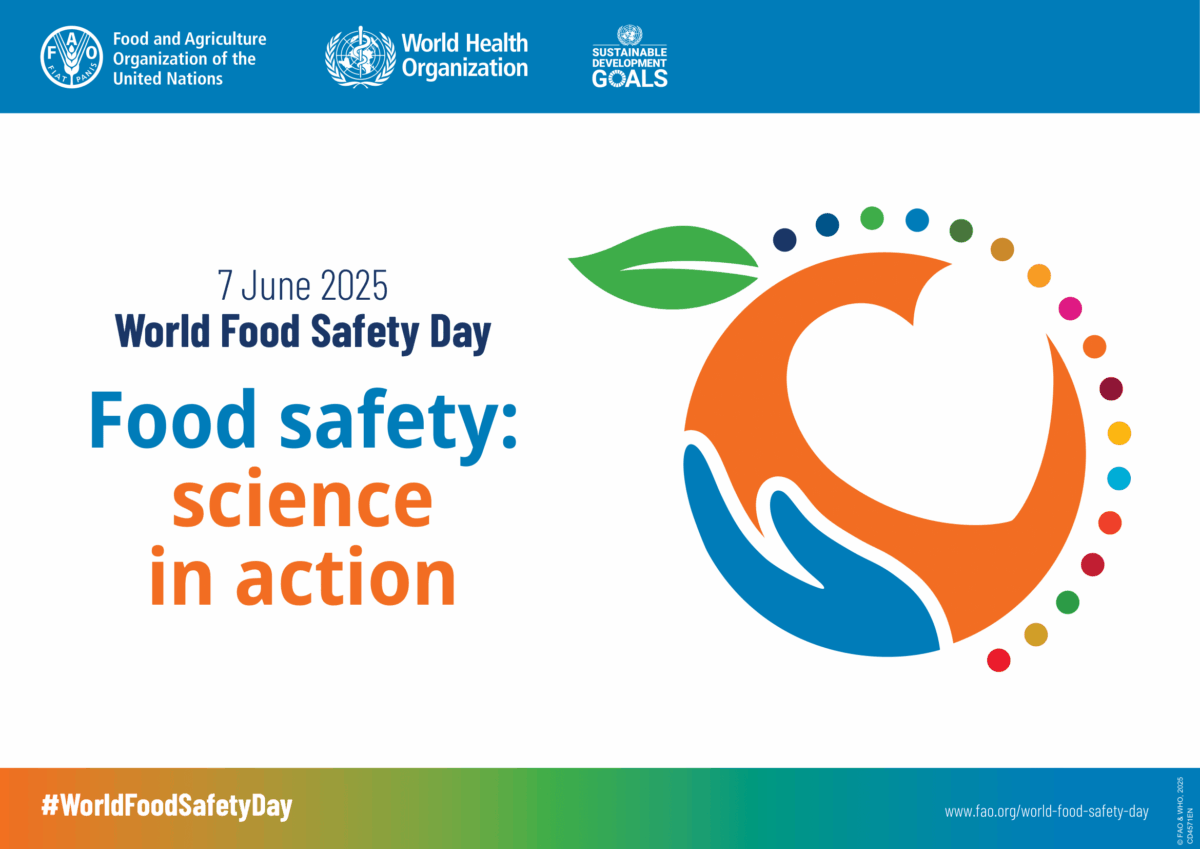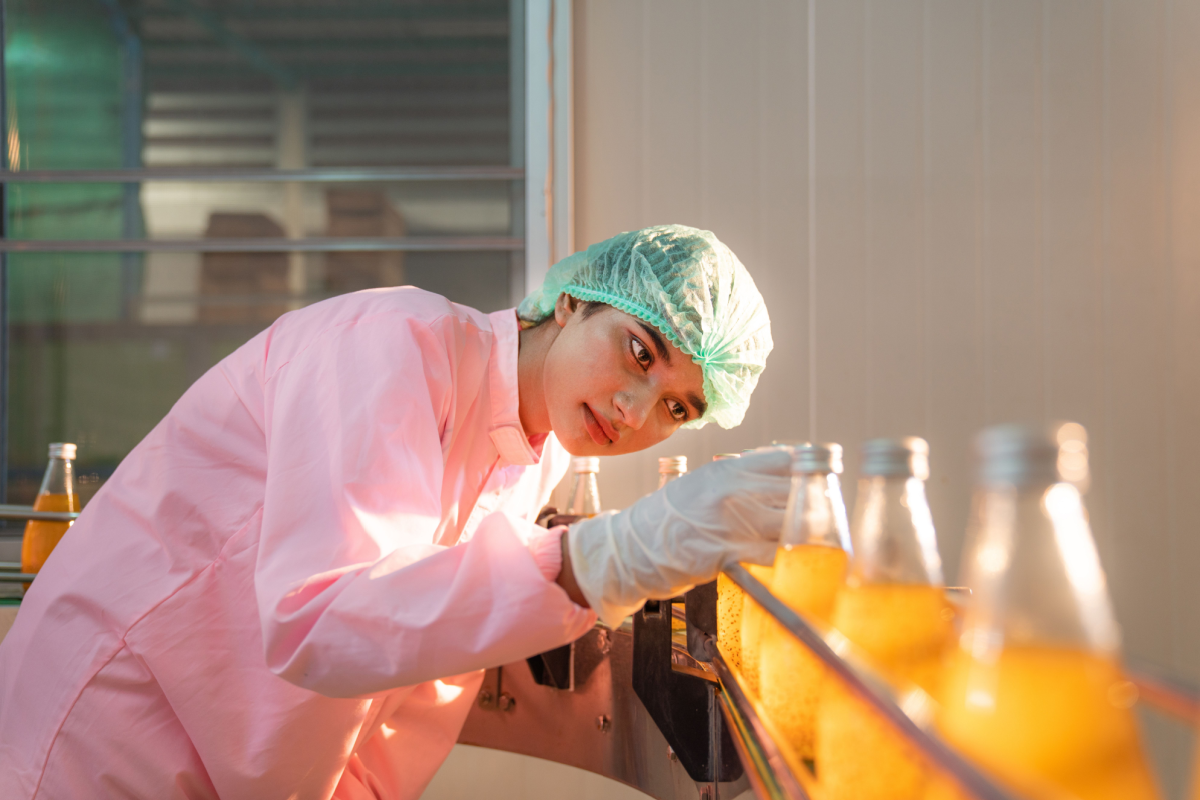Sentera has made a name for itself in the agriculture sector by becoming the industry-leading provider of agriculture analytics. Founded in 2014 by Eric Taipale, Sentera has made significant strides in agricultural technology, otherwise known as AgTech. Its groundbreaking concept involved repurposing ultra-high-resolution camera technology for agriculture, resulting in unique imaging devices for aerial farm surveys.
At Sentera’s core is its revolutionary data science ecosystem, merging aerial data with sophisticated machine learning. This system offers precise plant-level insights, establishing Sentera as a preferred partner for agriscience leaders. The tools available through Sentera help these leaders in product development and sustainability efforts.
Xtalks spoke to Taipale, who now serves as Sentera’s chief technology officer (CTO), to learn more about generative AI’s growing role in agriculture.
Related: 2024 Food Industry Trends: Navigating the Future of Tech, Sustainability and Nutrition
Leveraging Deep Learning in AgTech
Sentera’s platform is a sophisticated geospatial data system, powered by deep learning and agronomic machine learning. It provides insights ranging from plant-level tracking to regional yield estimates. Integrating diverse data sources, Sentera swiftly delivers high-accuracy insights.
Taipale highlighted Sentera’s ability to transform data into essential insights, offering precise and cost-effective tools. This capability fosters strong partnerships and gives Sentera’s customers a competitive edge.
“The way that users interact with our tools is being rapidly transformed by generative AI,” Taipale said. “What generative AI is allowing us to do is allow a customer to come up to our platform in natural language and say ‘show me the impact of reduced rainfall in Iowa in the years 2021 to 2023.’”
Optimizing Weed Management
A key application of Sentera’s technology is in refining weed management strategies. Facing challenges like herbicide resistance, Sentera’s high-resolution aerial sensors and georeferencing systems play a crucial role. This technology aids in identifying weed species and swiftly creating precision prescription maps for variable-rate treatments.
Taipale underscores the importance of selective, targeted herbicide application, demonstrating Sentera’s impactful solutions in collaboration with industry leaders.
“One of the primary products that we built is a tool that identifies weeds in a field from aerial imagery captured from a drone,” Taipale said. “We map out where the weeds are and a sprayer goes through the field without spraying the crops, it just sprays the weeds.”
Sentera’s lightweight, yet powerful device, was designed for standard drones. It houses five cameras, each capturing different light wavelengths and adjusting to solar conditions. This system enables covering 260 acres per hour, capturing detailed images for precise weed identification.
Addressing Sustainability and Climate Change
When it comes to the work around the promotion of sustainability and climate change, Taipale believes that it is a great example of where machine learning and AI technologies can really serve.
“When we look at these macro challenges like global sustainability, reacting to climate change or delivering agronomic insights to smallholder growers in sub-Saharan Africa, it is really all about the data,” Taipale noted. “Climate data is a public data source that is high-quality and there for the taking. Startups that are active in the climate space have been some of the most interesting and compelling drivers of climate-based insights.”
Taipale gave an example of a startup that uses machine learning and AI to deliver weather forecasts with an accuracy of 13 days out, as opposed to five days out. More notably, the startup can also identify regions of the earth that, 20 to 30 years from now, are more or less likely to be producing a certain crop at a higher or lower productivity level.
“Without machine learning and deep learning, these would be intractable problems and I don’t think we would be able to attack them any time in the near future,” Taipale said.
Sentera’s expansion and technological advancements mark a significant step in AgTech. By utilizing data science, machine learning and aerial imagery, Sentera addresses current agricultural challenges and paves the way for a more sustainable, efficient future in farming. As the company continues to evolve and innovate, its impact on global agriculture is expected to grow, reaffirming its position as an influential player in the AgTech sector.












Join or login to leave a comment
JOIN LOGIN